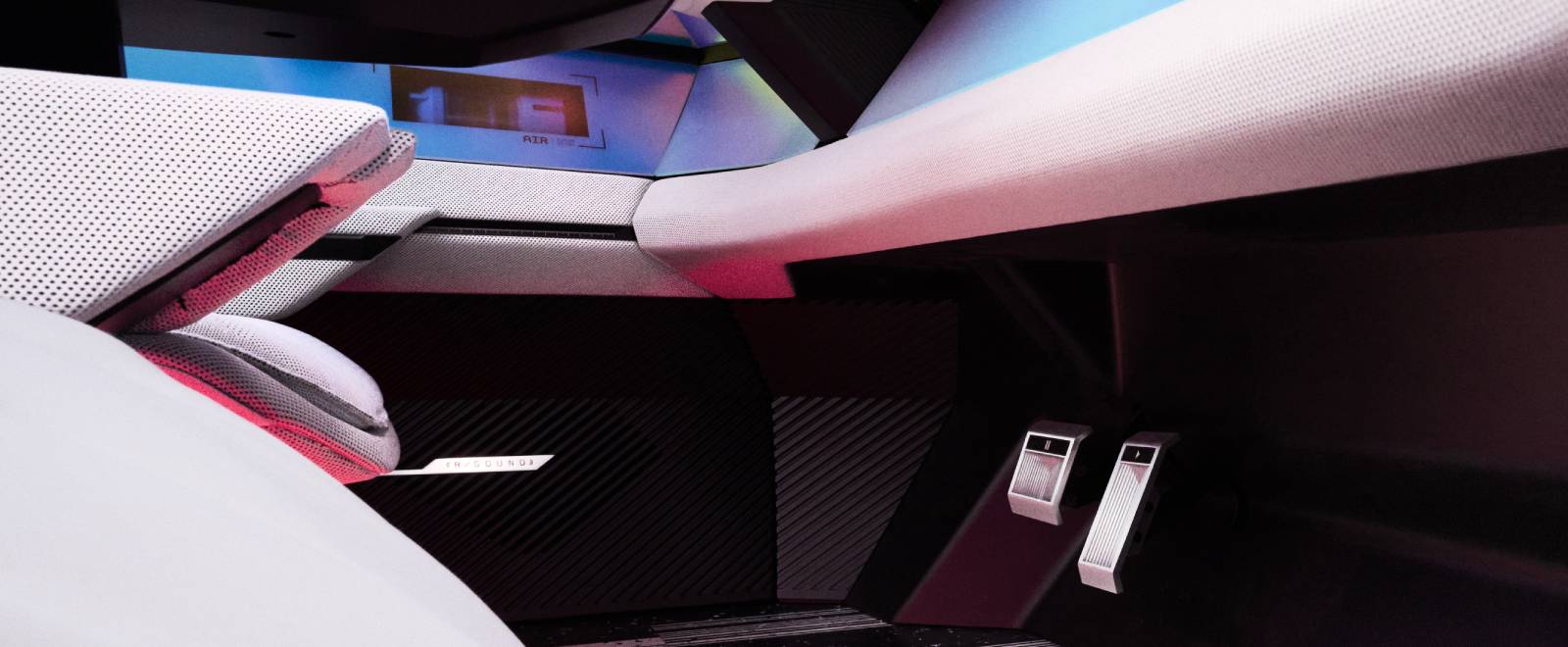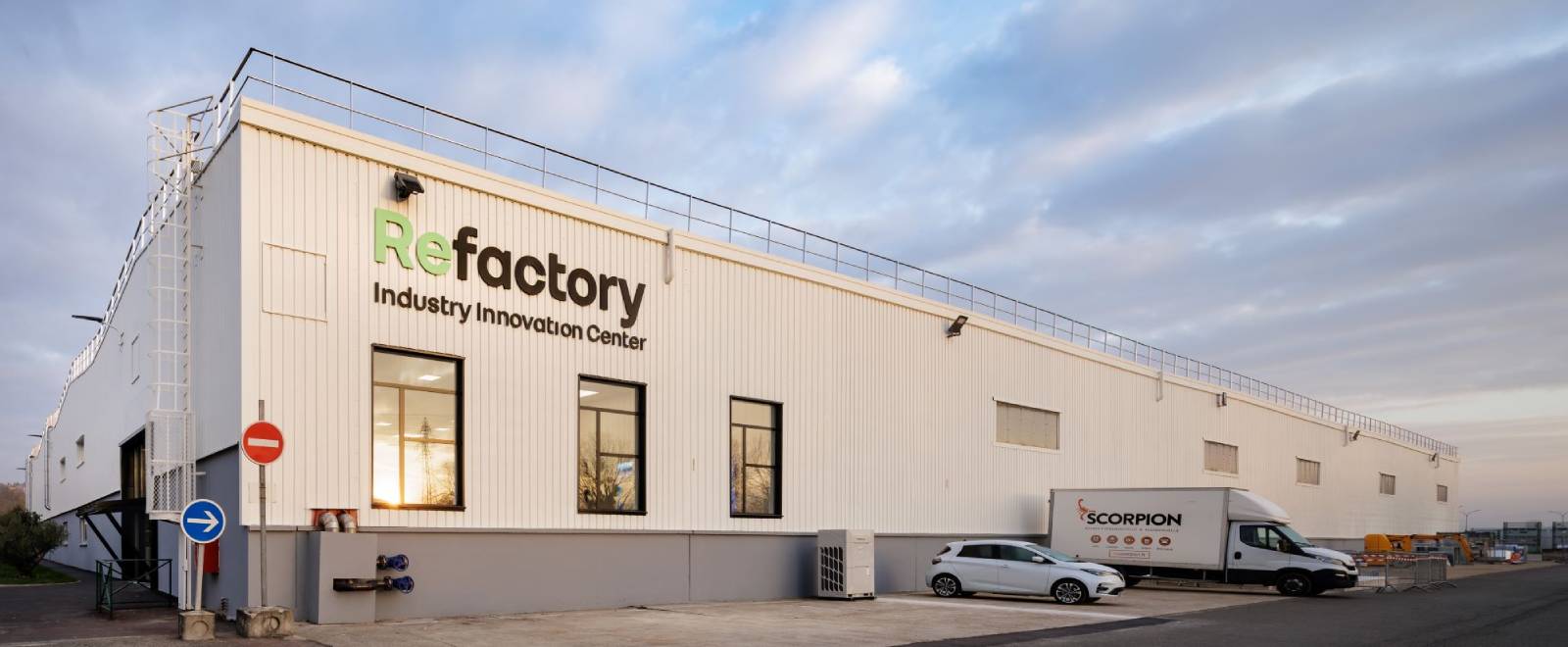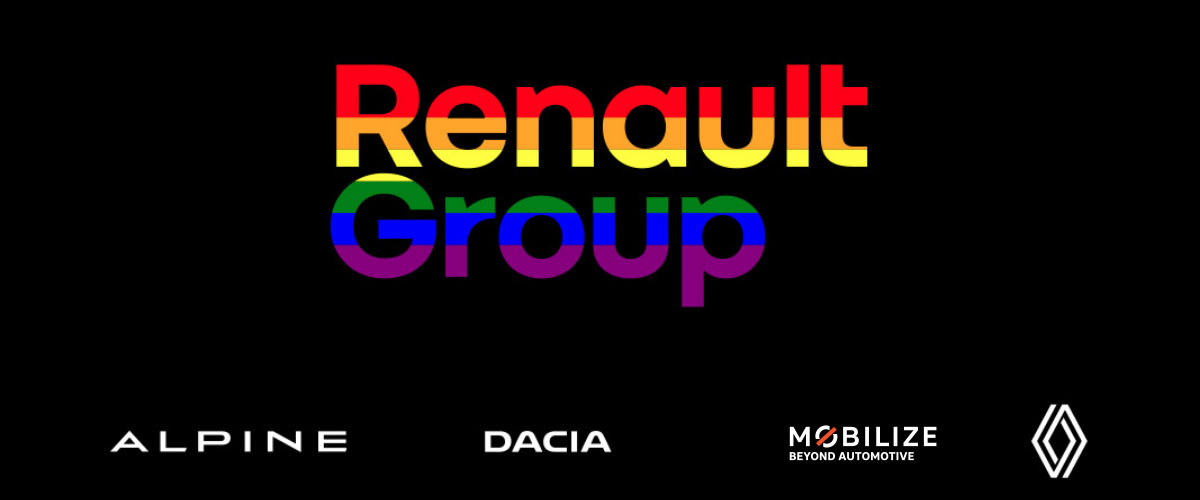Industry decarbonization has begun
Renault SA

Renault Group is the first carmaker to choose 100% electric vehicles for its Renault brand in Europe by 2030, reducing emissions in use. The Group has also committed to reducing its plants' carbon footprint. On World Environment Day, June 5, Renault Group reflected on its plan to reduce CO2 emissions from industrial sites.
By 2030, Renault will only sell electric cars in Europe. This initiative will eliminate vehicle CO2 emissions. Decarbonizing vehicles over their entire life cycle is the goal. Manufacturing starts this cycle.
"For manufacturing, we are aiming for carbon neutrality from 2025 for the ElectriCity, from 2030 for the manufacturing sites in Europe and in 2050 for all the industrial sites worldwide," explains Nicolas Estebe, Director of Production Engineering for the Industrial and Support System
Back then, decarbonization wasn't a priority. Energy efficiency was present, but in the current context of energy tension and the need to reduce industrial carbon footprints, it's about implementing a roadmap with milestones.
"We want to halve the CO2 emissions from our industrial sites worldwide by 2030. Our program concerns all of the Group's sites on the four continents where we operate, with objectives broken down by geographic zone. The stakes are high in Europe, but our strategy is global. These ambitious objectives mean that we have to decide on our direction now."
NICOLAS ESTEBE, Director of Production Engineering Industrial Systems and Support
Renault Group relies on digital expertise to achieve sustainable energy performance. Over 8,000 connected sensors record energy data. These sensors monitor installation consumption. Real-time vision allows monitoring and alert response. Renault Group aims to reduce its plant-wide consumption by 25% by 2030 with this monitoring.
Alternative solutions Analyzing consumption is important, but we must also focus on renewable energy. The Group is hiring "energy specialists" to avoid fossil fuels and transition to renewable energy.
Nicolas Estèbe: "Going gas-free is a challenge for Renault Group, but we have the know-how. In 2012, we built Tangiers' carbon-free Net Zero plant."
What can be done in a new factory isn't always easy to duplicate in existing ones.
Renault Group works with Iberdrola to supply all Spanish sites. This network of partners will help the Group expand later.
Finally, sites are being heated to produce energy. Biomass, geothermal energy, methanization, etc. are being studied. The goal is to proceed case-by-case, depending on the plant's location.
The challenge is great, but momentum is building, and even suppliers are participating. The teams are eager and motivated.
Source: Renault group newsroom




